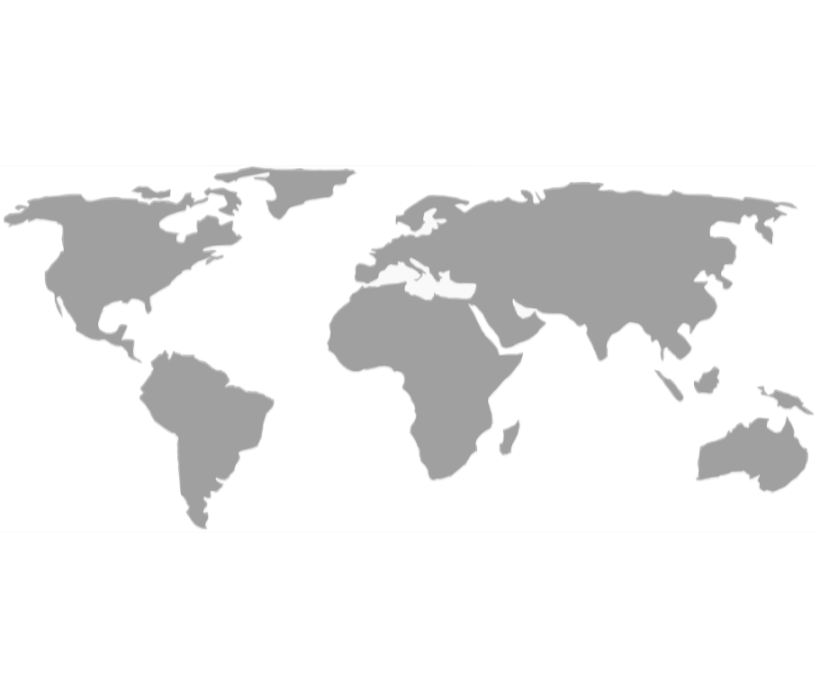La page demandée n'existe pas : http://lab.ird.fr/fr/dispositif/show/RDZoY1AyODB6cmlZeDBUS0ZTY0t5cHQxTFBXRjRxUGhVbG4lMkJnQ1dIS1A0dDQ0bDBwTGw2dlNMQWpEZTlyN2UzWWVoc0Y3dXJkTlFDd3p2MUdNZE1BUSUzRCUzRA
Bienvenue sur IRD Lab, une application pour géolocaliser et en savoir plus sur l'organisation, les personnels et les partenaires de l'IRD.
























Pas d'extensions de compétences. Pour en savoir plus sur les collaborations de l'IRD avec ce pays contactez : drie@ird.fr


Leaflet © OpenStreetMap contributors
